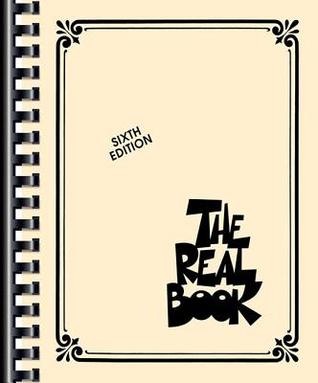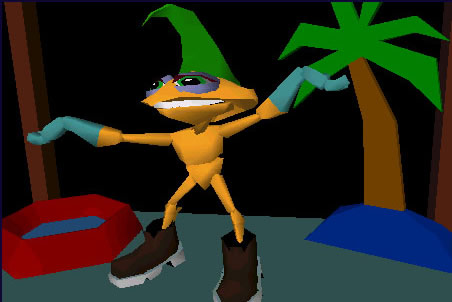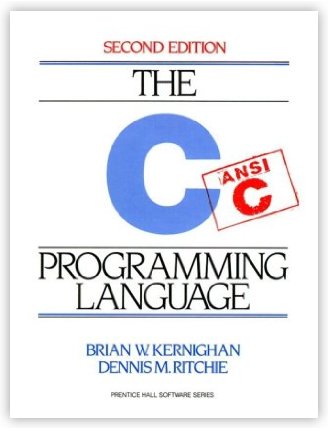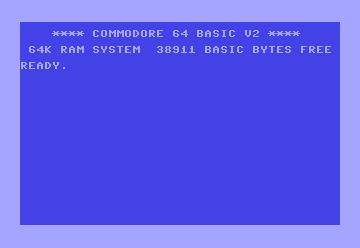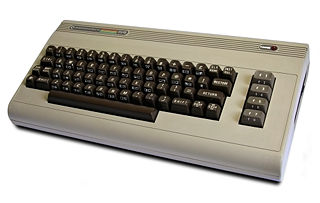
Back in the 1980’s, books and magazines would list BASIC programs and you could
type them in line by line and run them yourself. I remember getting an
“Artificial Intelligence for the Commodore 64” book that started out with some
simple classic computer programs, like Tic-Tac-Toe and Towers of Hanoi, and
worked its way up in difficulty to ELIZA.
It took me forever to type in that
complete Eliza program,
but I remember playing with the program for hours, trying to ask it silly
questions. For an impressionable little kid, that was pretty powerful stuff, to
be able to type in a complete program and interact with it.
The Commodore 64 had all of these cool peripherals that you could get for it. We
got the 1541 Disk Drive and
started swapping games with friends. Anyone could copy games and disks, and you
could even punch a hole in the side of the disk to make it double sided. I
wrote a menu program to load the games from the disks. If I could go back and
write that program differently, knowing what I know about programming today, I
wouldn’t hardcode all the filenames.
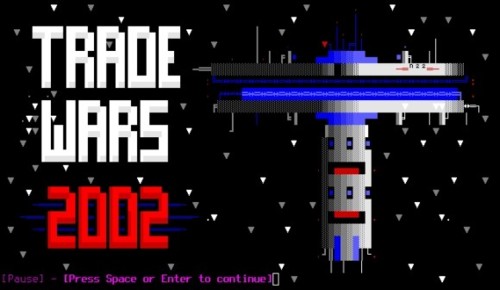
When I was 12 years old, I borrowed a 300 baud modem from my friend Adam Foxman
and never gave it back. We both got involved in the
BBS scene,
and we did our share of leeching warez,
playing
Legend of the Red Dragon
and Tradewars, reading the
Anarchist Cookbook,
and all the other fun stuff that went along with the BBS scene at the time.
Basically, everything that has happened to me since 1988 has been somehow Adam’s
fault.
By age 16, I had saved up enough money to buy my own computer, a
brand new Intel 486 DX2/66, PC with a US Robotics Sportster 56k modem, and I
decided to set up my own BBS. I ran a copy of
WWIV, mostly because all the other
friendly sysops in the 215 area code were running it, and we could easily get
the source code (which at the time was C). I even got connected to WWIVlink so
I could send mail and post messages that would get shuffled around the country.
People used this pre-Internet to trade source code snippets and modifications.
Predictably, one of my favorite mods for WWIV was replacing the normal
chat with that silly Eliza simulation, so that when people would hit ‘C’ to chat
with the sysop, they’d be chatting up Eliza instead. The mod even put random
delays, typos, and backspaces into the chat. At the time, many of the people
who could call my BBS were still new to computers and didn’t catch on that they
were chatting with a bot.
